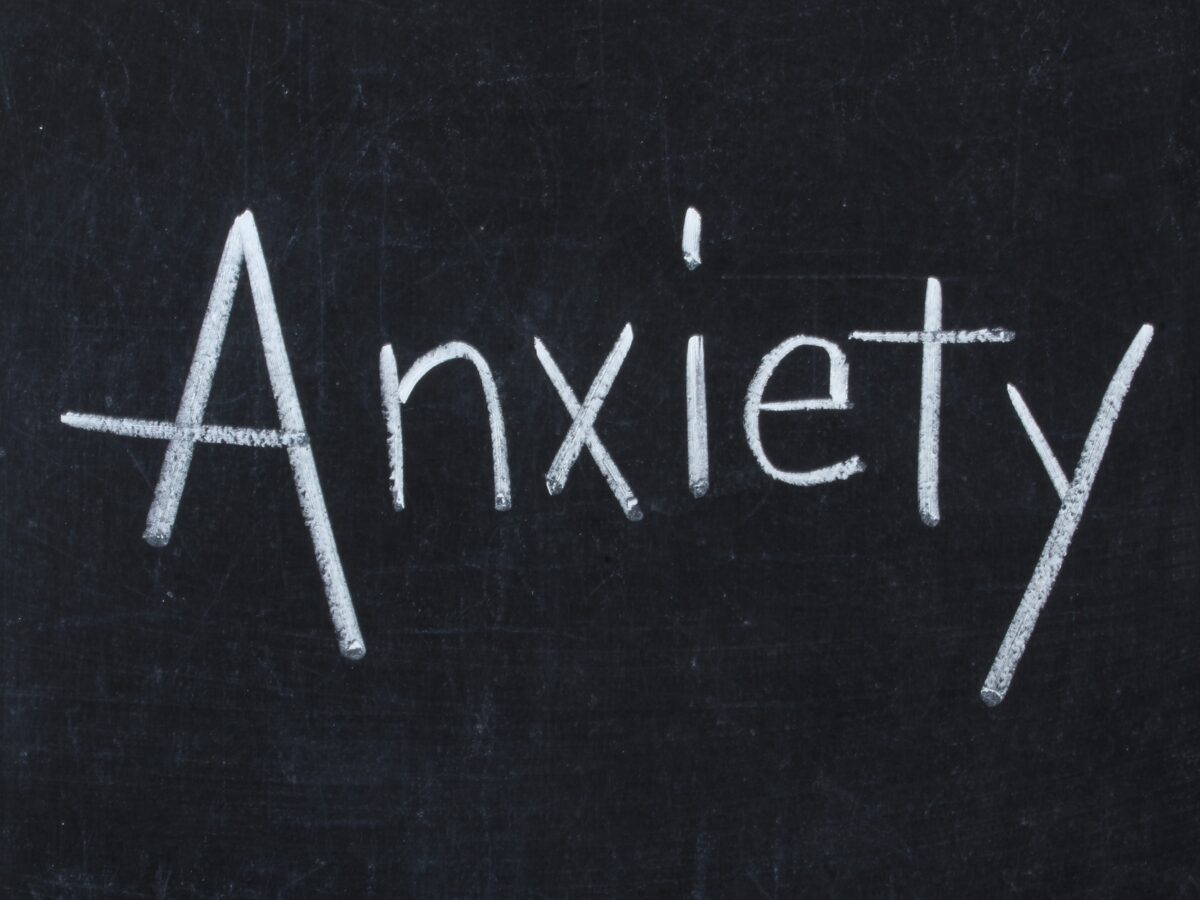Introduction
Anxiety disorders are prevalent mental health conditions that can significantly impact individuals' lives. Whether you are personally affected by anxiety or supporting a loved one, it is essential to understand anxiety disorders, develop coping strategies, and provide meaningful support. This article offers a comprehensive guide to nurturing mental health, including understanding anxiety disorders, coping techniques, and supporting those who experience them.
Understanding Anxiety Disorders
Anxiety disorders encompass various conditions characterized by excessive worry, fear, or apprehension. Generalized Anxiety Disorder (GAD), Panic Disorder, Social Anxiety Disorder (SAD), Specific Phobias, and Obsessive-Compulsive Disorder (OCD) are common types of anxiety disorders. These disorders can be caused by genetic factors, brain chemistry imbalances, environmental triggers, and specific personality traits.
Coping Strategies for Anxiety Disorders
- Self-Care Practices: Engaging in self-care activities is vital for managing this disorder. Practices like mindfulness and meditation promote present-moment awareness and reduce anxiety. Regular physical exercise releases endorphins and helps alleviate symptoms. Establishing healthy sleep habits, maintaining a balanced diet, and avoiding triggers like excessive caffeine or processed foods contribute to overall mental well-being.
- Relaxation Techniques: Implementing relaxation techniques can be beneficial in managing anxiety. Deep breathing exercises, progressive muscle relaxation, and guided imagery help reduce stress and promote a sense of calm.
- Seeking Support: Professional support plays a crucial role in managing this disorder. Therapies like Cognitive Behavioral Therapy (CBT), exposure therapy, or dialectical behavior therapy provide tools to challenge negative thoughts, modify behaviors, and reduce anxiety symptoms. Support groups and building a personal support network offer validation, understanding, and a sense of community.
Supporting Individuals with Anxiety Disorders
- Educate Yourself: Learn about these disorders to better understand the experiences of your loved ones. Familiarize yourself with the symptoms, triggers, and available treatments. Education reduces misconceptions and helps create a supportive environment.
- Communicate Openly and Compassionately: Create a safe space for open communication with your loved ones. Listen actively, validate their experiences, and offer empathy. Avoid judgment and criticism, as anxiety disorders are not a choice or a sign of weakness.
- Be Patient and Encouraging: Living with anxiety can be overwhelming. Exercise patience and understanding, allowing your loved ones to progress at their own pace. Encourage their independence while providing support when needed.
- Assist with Practical Support: Offer practical assistance with daily tasks during challenging periods. Helping with household chores, running errands, or accompanying them to appointments shows your support and reduces their burden.
- Encourage Professional Help: If your loved one has not sought professional help, gently encourage them to do so. Assure them that seeking therapy is a positive step towards healing. Offer assistance in finding a qualified mental health professional specializing in anxiety disorders.
- Take Care of Yourself: Supporting someone with an anxiety disorder can be emotionally demanding. Prioritize your own self-care this maintains your well-being. Seek support from friends, family, or support groups when needed.
CONCLUSION
OVERVIEW OF ANXIETY DISORDERS
Nervousness, fear, worry, tension, and sleeplessness are common human responses that we all experience sometimes which are quite normal. In these normal responses become intense and abnormal. These cease one’s normal functioning and also interfere with their daily life routine.
There are major types of anxiety disorders such as Generalized Anxiety Disorder (GAD), panic disorder, social anxiety disorder, specific phobias, and Obsessive-Compulsive Disorder (OCD). These disorders are mainly caused by genetic, environmental triggers, brain chemistry imbalances, and specific personality traits.
Relaxation, self-care, and seeking professional help are major coping strategies for disorders. Apart from this, being aware of such disorders by educating yourself, communicating openly, and taking care of yourself will help you.
Related Articles:
Anxiety Disorders – Nurturing Mental Health and Support
Do child therapists take separation anxiety seriously when making a suggestion?
Breaking Barriers – Fostering Mental Well-being in Overcoming Depression
How to support someone with suicidal thoughts and depression
Paranoid Personality Disorder – Understanding, Coping, Dispelling Misconceptions



